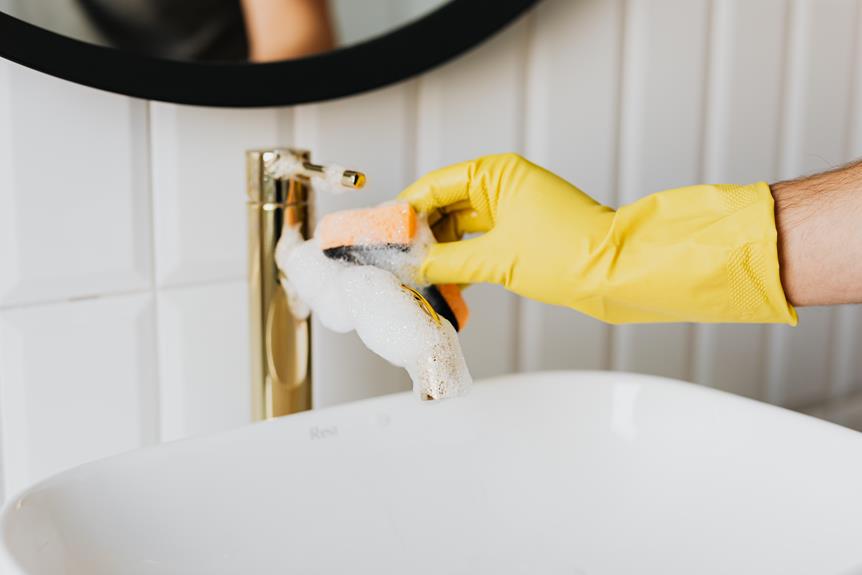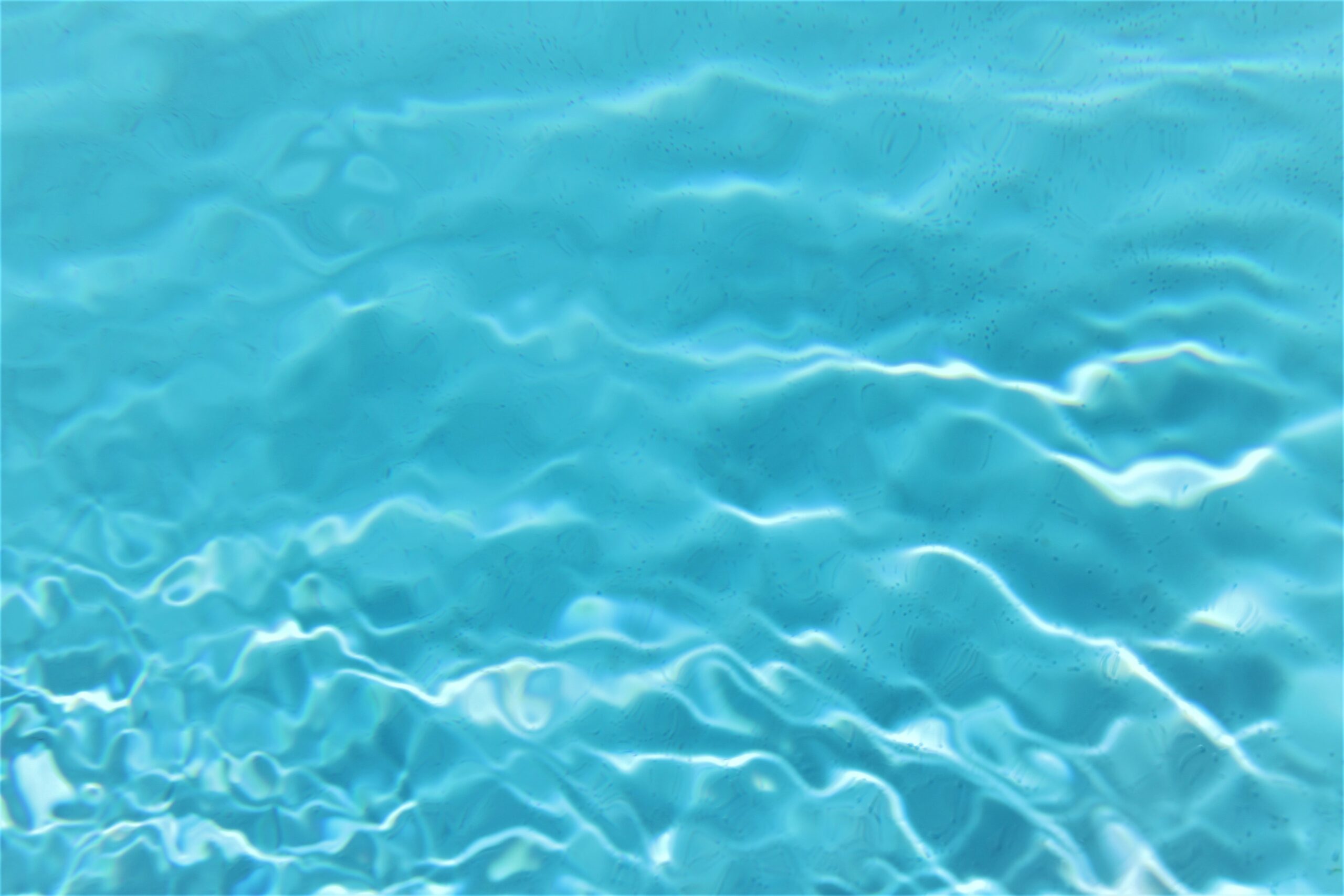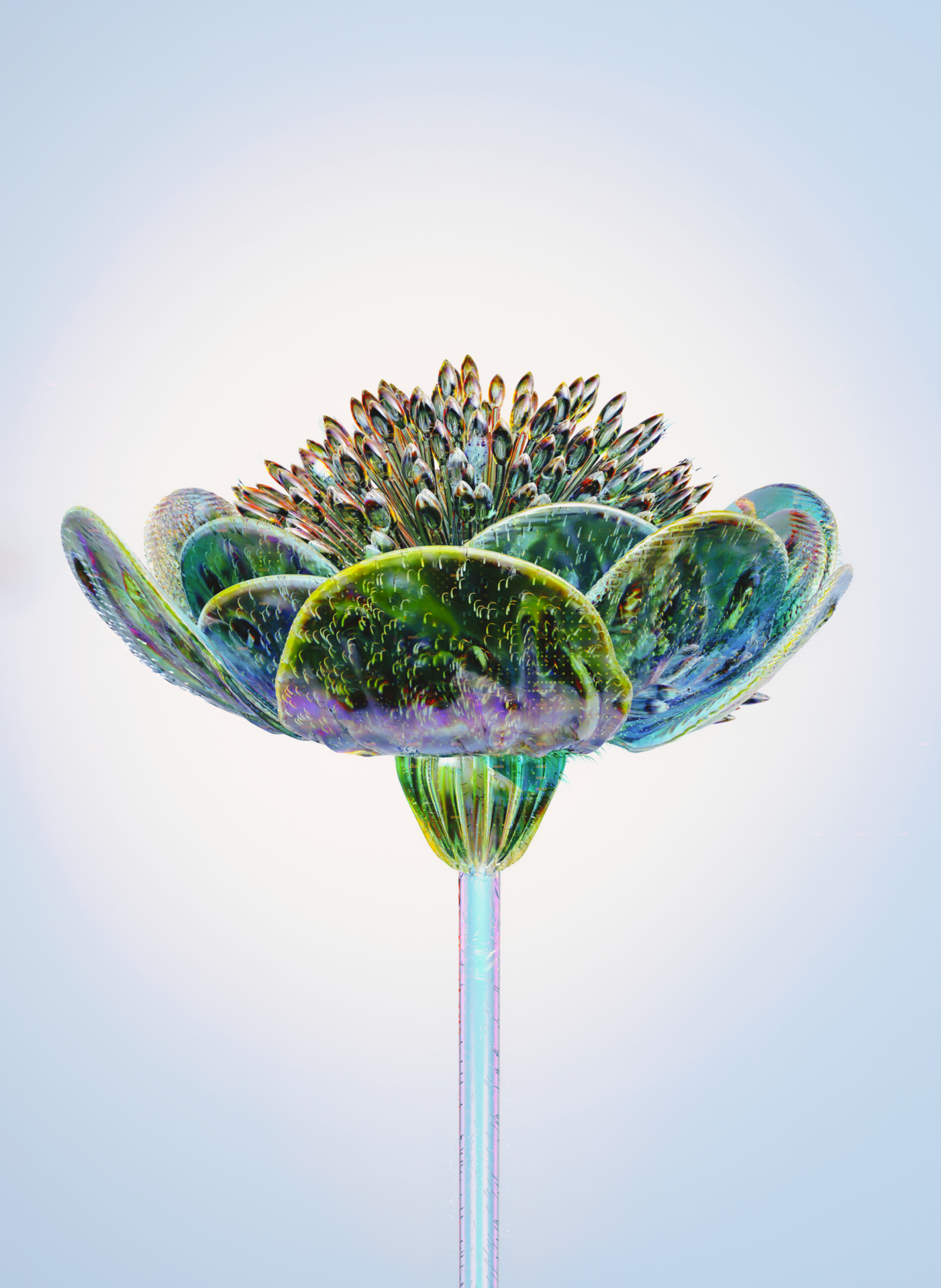Are you feeling like you’re swimming against the current when it comes to maintaining your pool? Don’t worry, we’ve got your back. Our experts are here to provide you with the guidance you need to keep your pool in tip-top shape. From cleaning techniques to chemical balancing, we’ll cover all the bases. So dive in and let us help you make pool maintenance a breeze.
Key Takeaways
- Regularly remove debris and leaves from the water’s surface using a skimmer net or pool vacuum.
- Monitor and adjust the levels of chlorine, pH, alkalinity, calcium hardness, and cyanuric acid.
- Choose a correctly sized pool pump to ensure adequate water circulation.
- Regularly clean filter cartridges and follow proper backwashing procedures to maintain optimal filtration efficiency.
Cleaning and Skimming Techniques
To effectively clean and skim your pool, it is important to regularly remove debris and leaves from the water’s surface. Pool cleaning tips include using a skimmer net or pool vacuum to skim the surface and remove any floating debris. Be sure to empty the skimmer basket and clean the pool filter regularly to maintain optimal water flow and filtration. Additionally, brushing the pool walls and tiles can help remove any algae or dirt buildup.
It is recommended to brush at least once a week to prevent stains and keep the pool looking clean. By following these cleaning techniques, you can ensure a pristine pool that is inviting and enjoyable for everyone. Now, let’s move on to the next important aspect of pool maintenance: balancing pool chemicals.
Balancing Pool Chemicals
Balancing your pool chemicals is crucial for maintaining a safe and clean swimming environment. Proper pool water balance ensures that the water is free from harmful bacteria and algae, and it also helps to prevent damage to your pool equipment and surfaces. Achieving the ideal balance involves monitoring and adjusting the levels of various chemicals, such as chlorine, pH, alkalinity, and calcium hardness.
To help you understand the importance of pool water balance, here is a table summarizing the recommended levels for each chemical:
| Chemical | Ideal Range |
|---|---|
| Chlorine | 1-3 ppm |
| pH | 7.4-7.6 |
| Total Alkalinity | 80-120 ppm |
| Calcium Hardness | 200-400 ppm |
| Cyanuric Acid | 30-50 ppm |
By regularly testing and maintaining these levels, you can ensure that your pool water is safe, clear, and comfortable for swimmers. Properly balanced pool water also helps to prolong the life of your pool equipment and surfaces.
Now that you understand the importance of balancing your pool chemicals, let’s move on to the next section about maintaining water circulation.
Maintaining Water Circulation
Make sure your pool water is circulating properly to maintain a clean and healthy swimming environment. Proper water circulation is essential for effective pool water treatment. Here are four key factors to consider:
- Pump Size: Ensure your pool pump is correctly sized for your pool’s volume. A pump that is too small will lead to inadequate circulation, while an oversized pump can cause excessive energy consumption.
- Filter Cleanliness: Regularly clean and backwash your pool filter to remove debris and maintain optimal flow. A dirty filter can restrict water circulation and reduce the effectiveness of pool water treatment.
- Skimmer and Return Jet Positioning: Position your skimmer and return jets strategically to ensure efficient water circulation. The skimmer should be located opposite the return jets to create a flow pattern that sweeps debris towards the skimmer.
- Run Time: Run your pool pump for an adequate amount of time each day. A general rule of thumb is to circulate all the water in your pool at least once every 24 hours.
Proper Filter Maintenance
To ensure the optimal performance of your pool filter, proper maintenance is key. Regularly cleaning filter cartridges, backwashing sand filters, and changing filter media are essential tasks that must be done. Neglecting filter maintenance can lead to poor water circulation, reduced filtration efficiency, and potential damage to your pool equipment. Stay on top of your filter maintenance routine to keep your pool clean and clear.
Cleaning Filter Cartridges
If you’re experiencing issues with cleaning filter cartridges, make sure to provide a detailed description of the situation and include photos of the swimming pool and the issue. This will help the experts at PoolResearch.com understand your problem visually and provide accurate assistance. When cleaning filter cartridges, there are a few key steps to follow:
- Begin by turning off the pool’s filtration system to ensure safety.
- Remove the cartridge from the filter housing and inspect it for any visible debris or damage.
- Use a hose or pressure washer to thoroughly rinse the cartridge, paying special attention to the pleats.
- If the cartridge is heavily soiled, consider using a filter cleaner solution for a deeper clean.
Remember to incorporate regular filter maintenance into your pool cleaning schedule to ensure optimal performance and water quality. By following these steps and maintaining a consistent cleaning routine, you can keep your filter cartridges in top condition and enjoy a clean and healthy swimming pool.
Backwashing Sand Filters
When backwashing sand filters, ensure you follow the proper procedure to effectively clean the filter and maintain optimal filtration. Start by turning off the pool pump and closing the intake and return valves. Attach the backwash hose to the waste outlet and place the other end in a suitable drainage area. Open the air relief valve to release any trapped air. Turn on the pump and let it run for about two minutes or until the water in the sight glass is clear. Shut off the pump, switch the valve to rinse, and run the pump for another minute. Finally, turn off the pump, switch the valve to filter, and open the intake and return valves. Remember to consult your pool maintenance checklist for specific instructions and recommended frequency of backwashing for your particular sand filter.
Changing Filter Media
When it comes to pool maintenance, changing the filter media is an important task that you should be familiar with. Here are some pool maintenance tips to guide you through the process:
- Determine the type of filter media: Different filters use different types of media, such as sand, cartridge, or diatomaceous earth (DE). Make sure you know which type of media your filter requires.
- Turn off the pump: Before starting the filter media change, ensure that the pool pump is turned off to avoid any accidents or damage.
- Empty the filter tank: Open the filter tank and carefully remove the old media. Dispose of it properly according to local regulations.
- Install the new media: Follow the manufacturer’s instructions to add the new filter media. Make sure it is evenly distributed and properly secured.
Changing the filter media is an essential part of pool maintenance to ensure clean and clear water. By following these tips, you’ll be able to keep your pool in top condition.
Preventing and Treating Algae Growth
To prevent and treat algae growth in your pool, it is important to maintain proper chlorine levels and regularly brush and vacuum the pool surfaces. Algae can quickly take over your pool if not properly controlled, causing green, slimy water and potential health hazards. By following some simple pool care advice, you can keep algae at bay and enjoy a clean and clear swimming pool.
First, ensure that your chlorine levels are within the recommended range of 1-3 parts per million (ppm). Chlorine acts as a sanitizer, killing algae and preventing its growth. Regularly test and adjust the chlorine levels to maintain optimal conditions.
Additionally, brushing and vacuuming the pool surfaces on a weekly basis can help remove any algae spores or buildup. Focus on areas prone to algae growth, such as steps, corners, and shaded spots. This physical agitation helps dislodge algae and prevents it from taking hold.
Equipment Care and Troubleshooting
Make sure you regularly inspect and clean your pool equipment to prevent any potential issues. Here are four important steps to take for proper pool equipment care and troubleshooting:
- Check the pump and filter: Regularly inspect the pump and filter for any debris or clogs. Clean or replace the filter as needed to ensure proper water circulation and filtration.
- Test the water chemistry: Use a reliable test kit to check the pH, chlorine levels, and other chemical balances in your pool. Adjust the chemicals as necessary to maintain a safe and balanced swimming environment.
- Inspect the pool heater: If you have a pool heater, inspect it regularly for any signs of damage or malfunction. Clean the heater’s components and ensure proper ventilation for efficient operation.
- Maintain the pool cleaner: Whether you have an automatic cleaner or a manual vacuum, regularly clean and inspect it for any obstructions or wear. Replace worn-out parts and keep the cleaner well-maintained for efficient pool cleaning.
Frequently Asked Questions
How Often Should I Clean My Pool Filter?
You should clean your pool filter regularly to maintain optimal performance. The frequency of cleaning depends on several factors, such as the size of your pool, the amount of debris it collects, and the type of filter you have. As a general guideline, it is recommended to clean your pool filter every 1-2 weeks during the swimming season. However, it is always best to consult your pool manufacturer’s guidelines for specific instructions tailored to your pool’s needs.
What Is the Recommended Ph Level for Pool Water?
Maintaining the right pH level for your pool water is crucial for a clean and balanced swimming experience. The recommended pH level for pool water is between 7.4 and 7.6. This ensures that the water is neither too acidic nor too alkaline, preventing irritation to your skin and eyes. To achieve this balance, you may need to adjust the pH using chemicals like pH increasers or pH reducers. Regular testing and maintenance will help keep your pool water in optimal condition.
How Can I Prevent Chlorine From Evaporating Too Quickly?
To prevent chlorine from evaporating too quickly, there are a few steps you can take. First, make sure your pool’s pH levels are properly balanced, as high pH levels can cause chlorine to dissipate faster. Second, consider using a pool cover when the pool is not in use to minimize exposure to sunlight. Lastly, check your pool’s water circulation system to ensure it is running efficiently. By taking these precautions, you can help prolong the effectiveness of your chlorine and maintain a clean and sanitized pool.
What Should I Do if My Pool Water Turns Green?
When your pool water turns green, you need immediate action. Start by testing the water’s pH and chlorine levels. Shock the pool with a high dose of chlorine to kill algae. Brush the walls and floor to help the algae loosen. Run the filtration system 24/7 until the water clears. Regularly clean and maintain the pool to prevent future algae growth. Remember, swift measures and consistent upkeep will keep your pool water crystal clear.
How Often Should I Backwash My Pool Filter?
To properly maintain your pool, it is important to know how often to backwash your pool filter. Typically, it is recommended to backwash your pool filter when the pressure gauge reads 8-10 psi above the normal operating pressure. This ensures that the filter is functioning optimally and keeping your pool clean. Regular backwashing helps remove debris and contaminants from the filter, ensuring efficient filtration. Remember to consult your specific pool filter’s manufacturer instructions for more accurate guidance.
Conclusion
Now that you have learned about the various aspects of pool maintenance, you are equipped with the knowledge and guidance to keep your swimming pool in excellent condition. By implementing the cleaning techniques, balancing chemicals, maintaining water circulation, and properly caring for your equipment, you can ensure a clean and well-functioning pool. Remember, if you ever need further assistance or have specific questions, our experts are here to help. Enjoy your sparkling pool and happy swimming!







